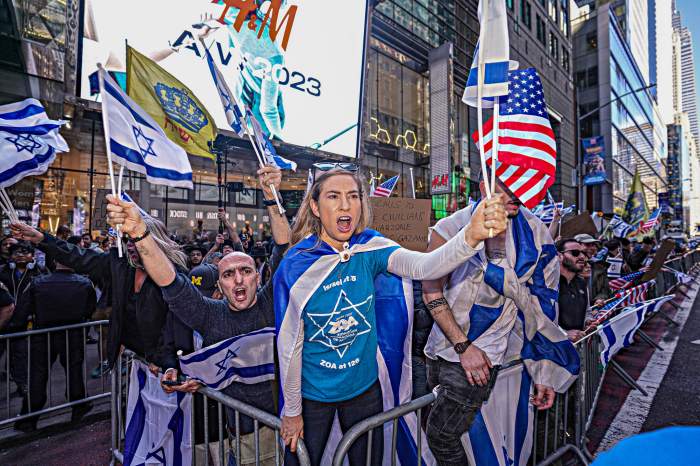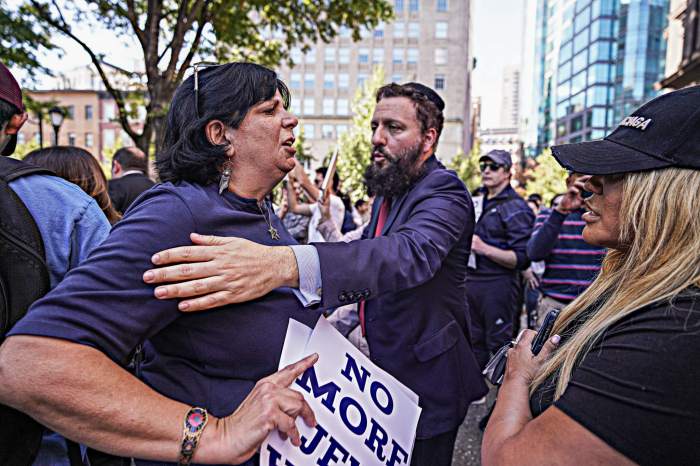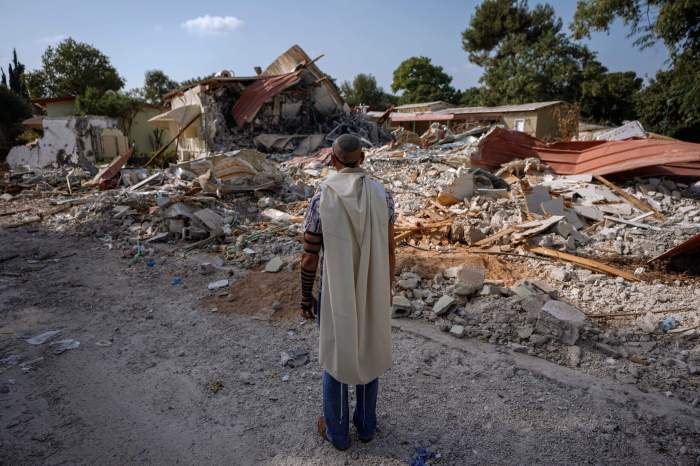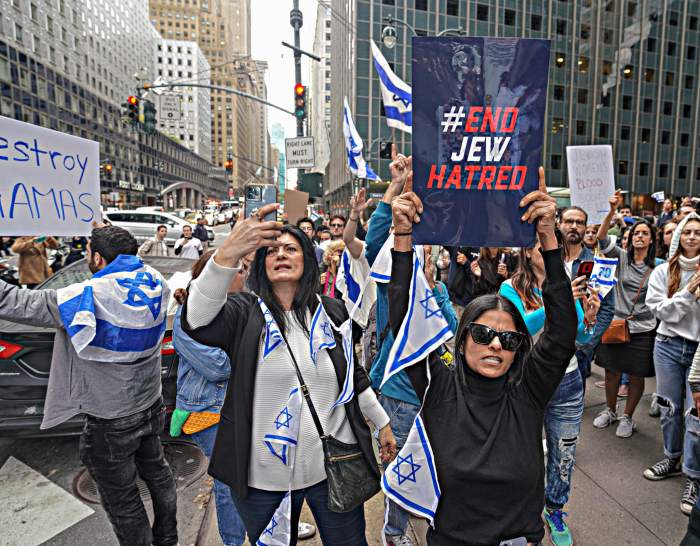There are parents who worry, not about a child’s bad grade or fall off a playground swing, but about fighting, drug dealing and stray bullets. From their apartments in troubled public housing developments across the city, they worry that their children will one day be part of, or a victim of, the gang warfare outside their doors.
On Wednesday, the reason for this dreadful reality was thrust into the open for all to see. After nearly a decade of reportedly terrorizing neighborhoods in the north Bronx, 120 members of two rival gangs were arrested in a combined federal and NYPD effort.
The massive roundup shed light on even broader problems in housing developments run by the New York City Housing Authority. Manhattan U.S. Attorney Preet Bharara is conducting a civil investigation into whether NYCHA housing meets the federal government standards of being “decent, safe, sanitary and in good repair.”
Much of NYCHA’s housing does not meet those standards. If the NYPD’s broken windows strategy has found success cracking down on small crimes to avoid bigger ones, so too must NYCHA and City Hall address public housing’s most basic problems, from broken elevators and unlit stairwells, to the need for better pathways for kids and families. The goal must be to change the environment that too often breeds the violence and crime.
More than 400,000 city residents live in NYCHA’s 328 developments. All of them, like all of us, should expect a clean, safe place to live. Too often, conditions aren’t livable and violence is the norm.
A spokeswoman for Mayor Bill de Blasio said NYCHA developments were “ignored for decades,” so the city’s moves to “turn that ship around” will take time. The Mayor’s Action Plan for Neighborhood Safety is adding summer job programs, play streets and community gatherings, along with landscaping and other improvements.
Perhaps this week’s crackdown and Bharara’s attention will begin to make a difference. City Hall calls its efforts to improve public housing NextGeneration NYCHA. To protect the next generation — the children living amid violence and disrepair — change can’t wait any longer.

















